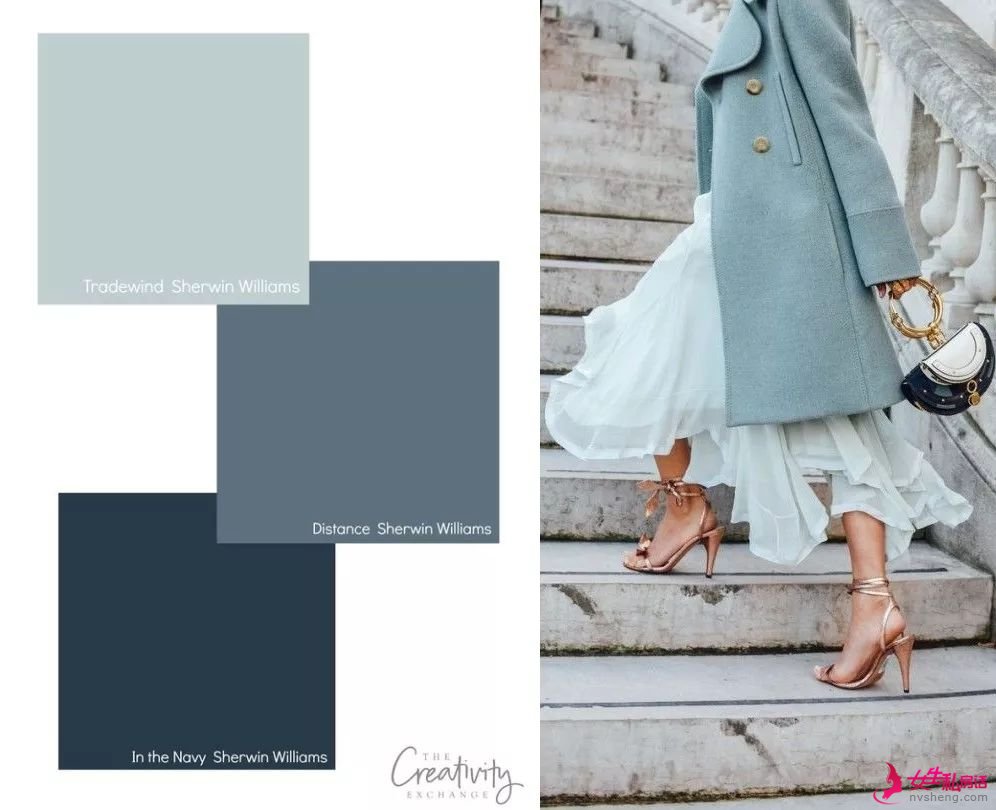您现在的位置是: 首页 - 品牌圈 - Future of Fashion How Sustainable Trends are Redef 品牌圈
Future of Fashion How Sustainable Trends are Redef
2024-11-19 【品牌圈】 0人已围观
简介Future of Fashion: How Sustainable Trends are Redefining the Industry The Rise of Eco-Friendly Fabrics In recent years, consumers have become increasingly conscious about the environmental impact of
Future of Fashion: How Sustainable Trends are Redefining the Industry
The Rise of Eco-Friendly Fabrics

In recent years, consumers have become increasingly conscious about the environmental impact of their purchases. As a result, sustainable fashion has emerged as a major trend in the industry. Eco-friendly fabrics such as organic cotton, hemp, and bamboo have gained popularity due to their reduced carbon footprint and minimal use of pesticides and chemicals. Brands like Patagonia and H&M Conscious are leading the way by incorporating these materials into their collections.
Second-Hand Shopping Gains Mainstream Acceptance

Fast fashion's rapid consumption model has led to an alarming amount of waste in landfills and oceans. In response, second-hand shopping has become a popular alternative for consumers looking to reduce their environmental impact without sacrificing style. Online platforms like ThredUp and Depop make it easy for people to buy and sell gently used clothing, promoting a circular economy within the fashion industry.
Slow Fashion Movement Takes Hold

Slow fashion advocates for quality over quantity by encouraging consumers to invest in timeless pieces that stand the test of time rather than disposable fast fashion items that often end up in landfills after just one season. This movement promotes craftsmanship, fair labor practices, and sustainability while challenging traditional business models based on speed-to-market strategies.
Technology Innovations Drive Sustainability

Technology is playing an increasingly important role in driving sustainability within the fashion industry through innovations such as 3D printing, biodegradable textiles, and recycling programs for old garments. For example, companies like Stella McCartney use plant-based materials made from apple peels or pineapple leaves instead of leather or synthetic alternatives.
Collaborations Between Brands Foster Change

Fashion collaborations between brands with different values can lead to positive change within both parties' businesses while also raising awareness among consumers about sustainable practices throughout supply chains globally—this collaboration includes cross-industry partnerships between brands working together on research initiatives related to more eco-friendly production processes or sharing resources when implementing sustainable manufacturing techniques across industries involved with textile production such as agriculture (cotton) or forestry (wood pulp).






